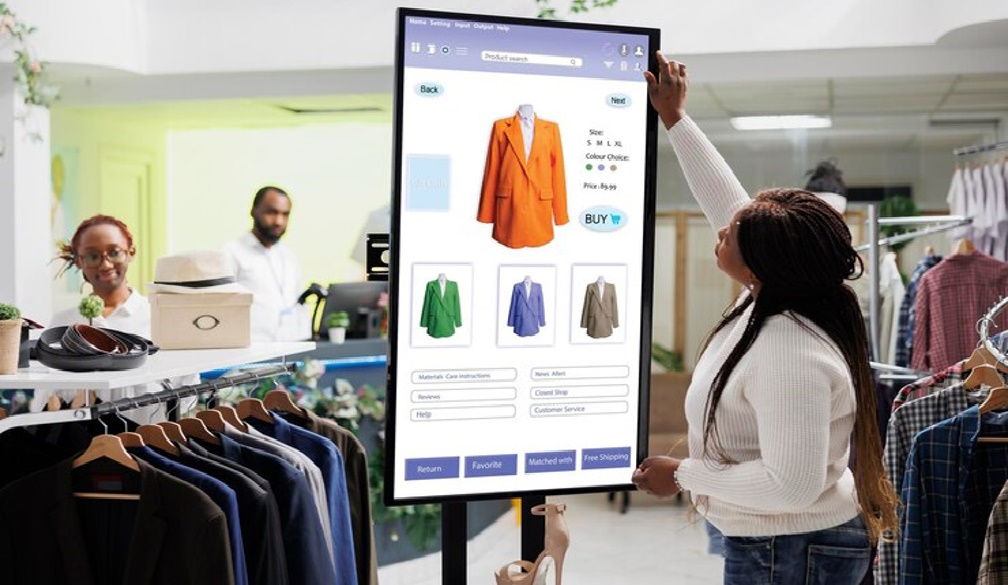The Power of Digital Signage in Modern Marketing
- Written by The Times

In a fast-paced digital world, businesses must find innovative ways to capture consumer attention. Digital signage has emerged as a powerful solution, offering dynamic and engaging content that attracts and retains customers. From retail stores to corporate offices, digital signage is revolutionizing how businesses communicate their messages effectively.
What is Digital Signage?
Digital signage refers to the use of electronic displays to convey multimedia content, including advertisements, real-time updates, and promotional messages. Unlike traditional billboards, digital signage is flexible, allowing businesses to update content instantly and tailor it to their audience.
The Benefits of Digital Signage for Businesses
- Increased Engagement: Motion graphics, videos, and interactive content are far more engaging than static signage.
- Real-Time Updates: Businesses can instantly change content to reflect promotions, schedules, or important announcements.
- Cost Savings: Digital signage reduces the recurring costs of printed materials and allows for more eco-friendly advertising.
- Improved Brand Awareness: Consistent branding across multiple locations strengthens recognition and customer trust.
- Enhanced Customer Experience: Provides interactive and informative displays that improve the customer journey.
Industries Benefiting from Digital Signage
Retail
- Showcases promotions, flash sales, and product information.
- Interactive kiosks enhance the shopping experience by providing personalized recommendations.
Healthcare
- Displays patient queue updates, health tips, and emergency alerts.
- Provides wayfinding assistance to help visitors navigate hospital premises.
Corporate Environments
- Communicates company updates, internal messages, and performance metrics.
- Facilitates smooth meeting scheduling with digital boards.
Hospitality & Restaurants
- Dynamic digital menus simplify price adjustments and promotions.
- Screens display special offers, loyalty programs, and customer testimonials.
The Role of Digital Signage in Modern Advertising
With the decline of traditional advertising effectiveness, digital signage provides an innovative alternative. Digital billboards, video walls, and interactive displays create a lasting impression on customers, leading to higher engagement and increased conversions.
Key Features of Advanced Digital Signage Solutions
- Cloud-Based Management: Enables remote content control and scheduling.
- AI-Driven Content Customization: Displays relevant messages based on audience demographics and behavior.
- Social Media Integration: Showcases live social feeds and user-generated content.
- Data Analytics & Insights: Tracks viewer engagement and content performance.
Future Trends in Digital Signage
- AI-Powered Personalization: Delivers tailored content based on real-time audience data.
- Augmented Reality (AR) Displays: Enhances interactivity and brand engagement.
- 5G-Enabled Signage: Ensures fast, seamless content updates across multiple locations.
- Energy-Efficient Solutions: Uses eco-friendly materials and technology to reduce power consumption.
Why Invest in Digital Signage Today?
As consumer behavior shifts toward digital interactions, businesses that embrace digital signage gain a competitive advantage. It enhances brand visibility, improves customer engagement, and streamlines communication. Companies like Mandoe Media provide cutting-edge solutions that empower businesses to make the most of digital signage technology.
Final Thoughts
Digital signage is more than just a display—it’s a strategic marketing tool that helps businesses communicate more effectively. Whether in retail, healthcare, or corporate environments, the future of digital signage is bright, making it a must-have investment for forward-thinking businesses.
















